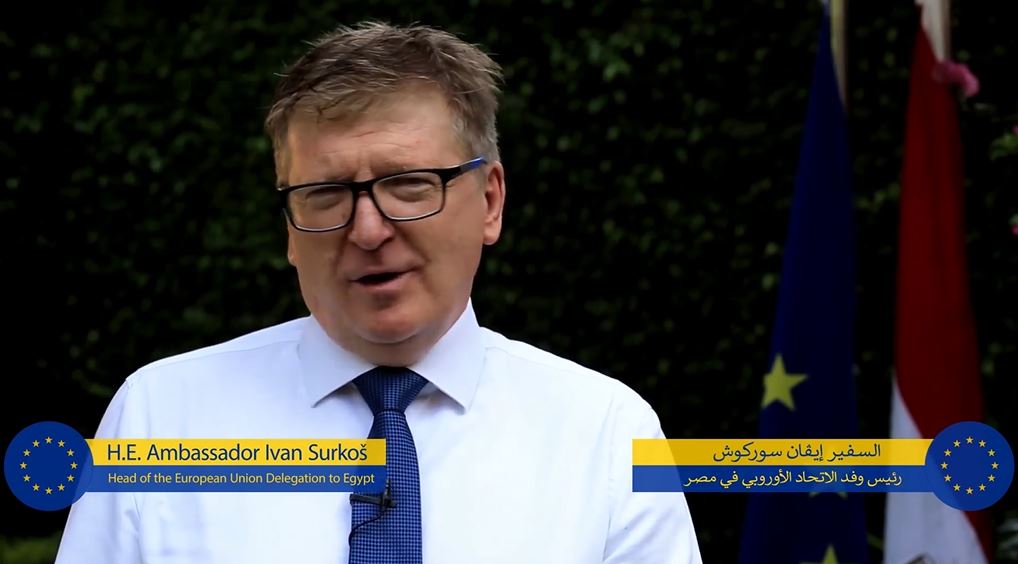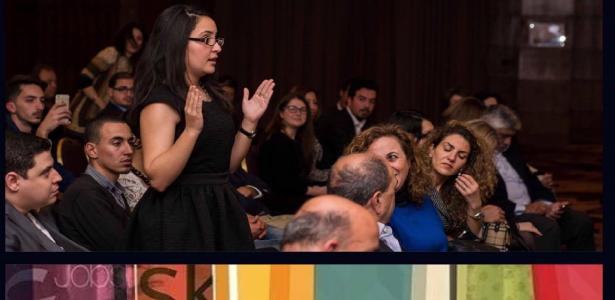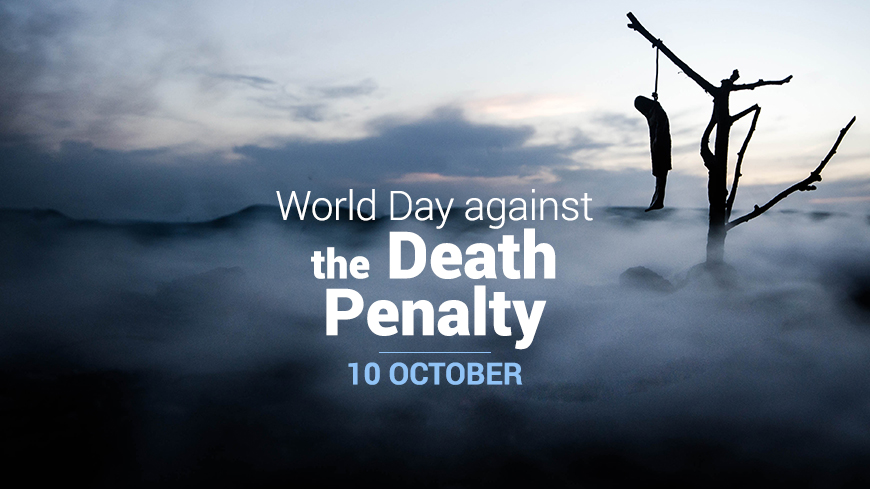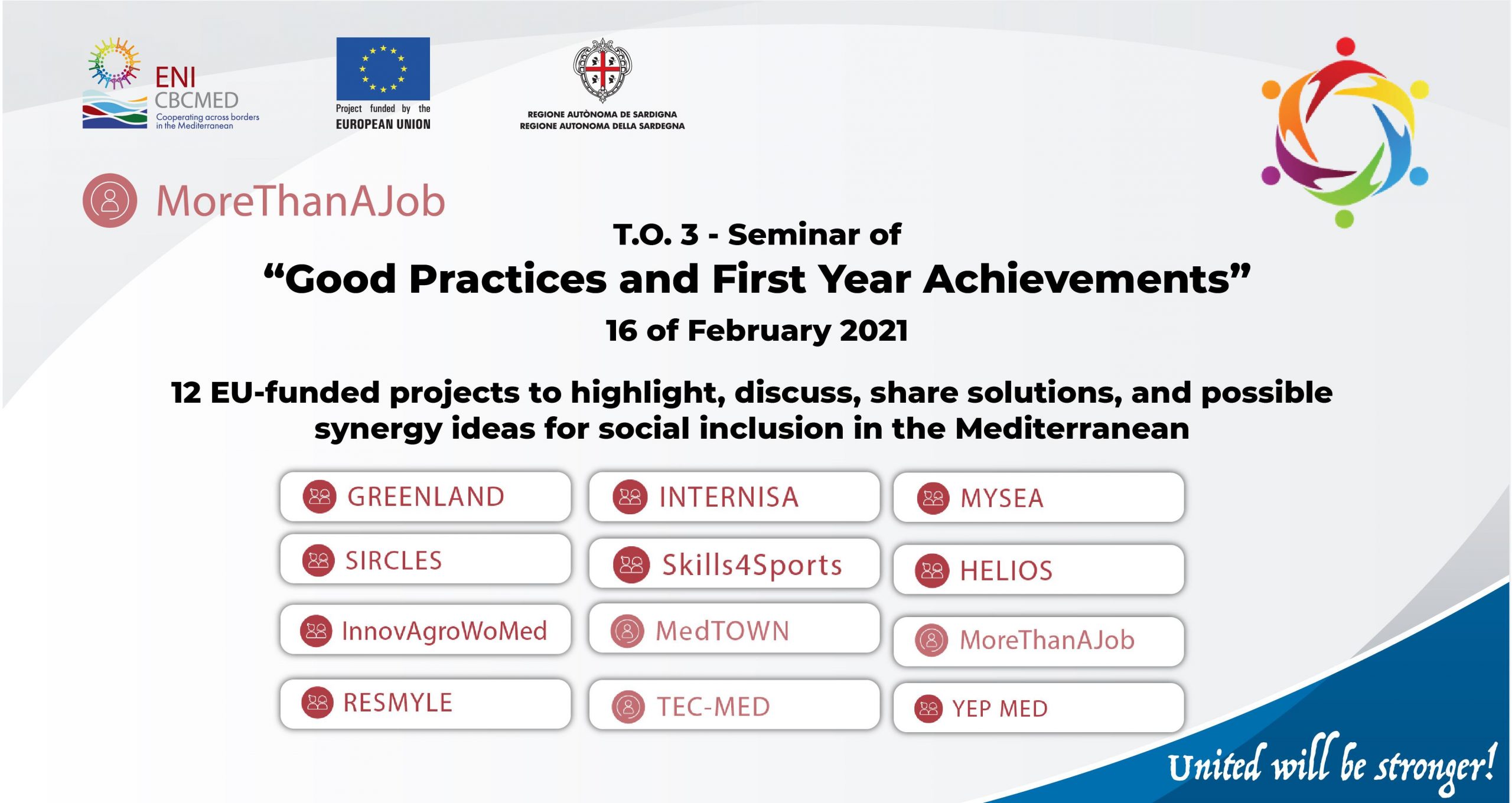Egyptian girl takes over position of EU Ambassador

On the occasion of the International Day of the Girl, the European Union Delegation to Egypt participated today in the Girls Takeover Initiative by inviting 17 year-old high school student Amal Nageh to represent the EU in Egypt for one day. Amal Nageh is a well-rounded, self-confident, effective and positive change maker in her community. She has been vocal about girls’ rights in Egypt and has participated in several activities in that respect.
During the day, Ms. Nageh and Mr. Surkoš visited the National Council for Childhood and Motherhood (NCCM), where they had a tour at the EU-funded child helpline centre. They also learned about the cooperation between the EU and NCCM.
“Egypt’s young population is one of the nation’s most valuable assets. Taking into consideration that the majority of Egyptian population is young, with almost half of them are females, we could realise the importance of empowering young women and girls,” said Ambassador Ivan Surkoš.
The EU has allocated more than €200 million since 2010 for bilateral programmes with Egypt supporting gender equality and promoting child rights. €150 million of the EU support specifically targeted child rights, with attention to the gender aspects, including girls’ protection from all sources of violence as well as providing girls with leadership skills.
Ambassador Surkoš highlighted the longstanding cooperation between the EU and the NCCM, stating that both partners have worked together for more than 10 years on important issues such as girls’ rights, including raising awareness on early marriage and female genital mutilation, in addition to supporting girls’ access to education.
In 2012, the first International Day of the Girl was launched following global advocacy by girls themselves to establish the day formally, through a United Nations Resolution, with support from the Canadian delegation and Plan International, to raise awareness about the particular challenges that girls face and to take action. The original rationale for an official day focused on making the invisible lives of girls – both their plight and their power – truly visible, and to inspire commitments and action to promote girls’ rights. Growing each year since 2012, the International Day of the Girl (IDG) is now a foundation for advocacy and gender-oriented activism for many individuals, organisations, networks and governments.




























 Syria
Syria 





